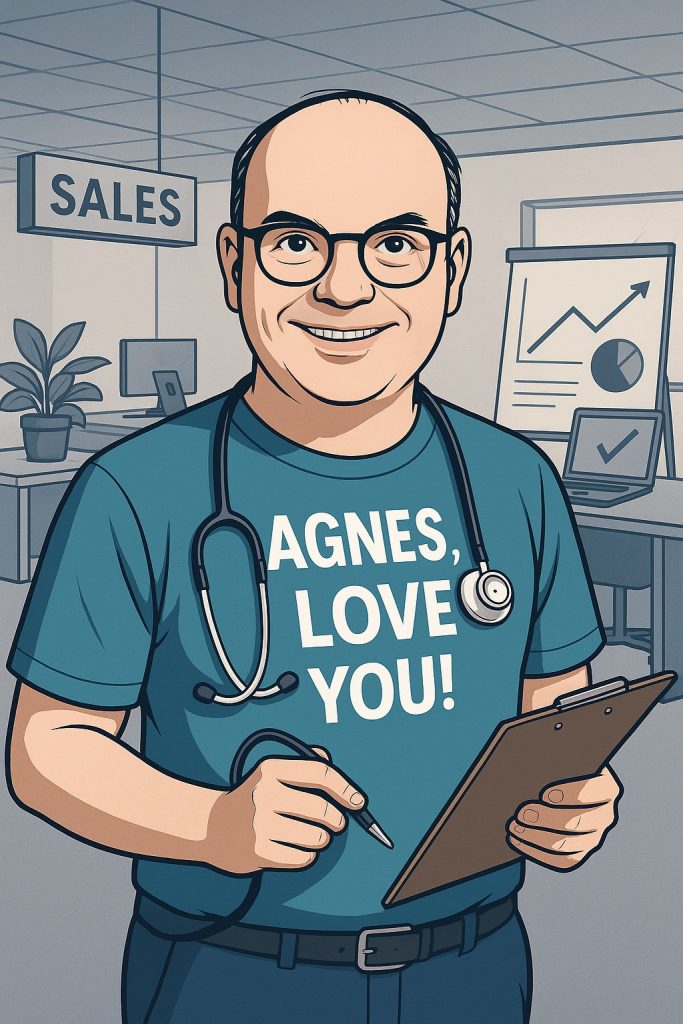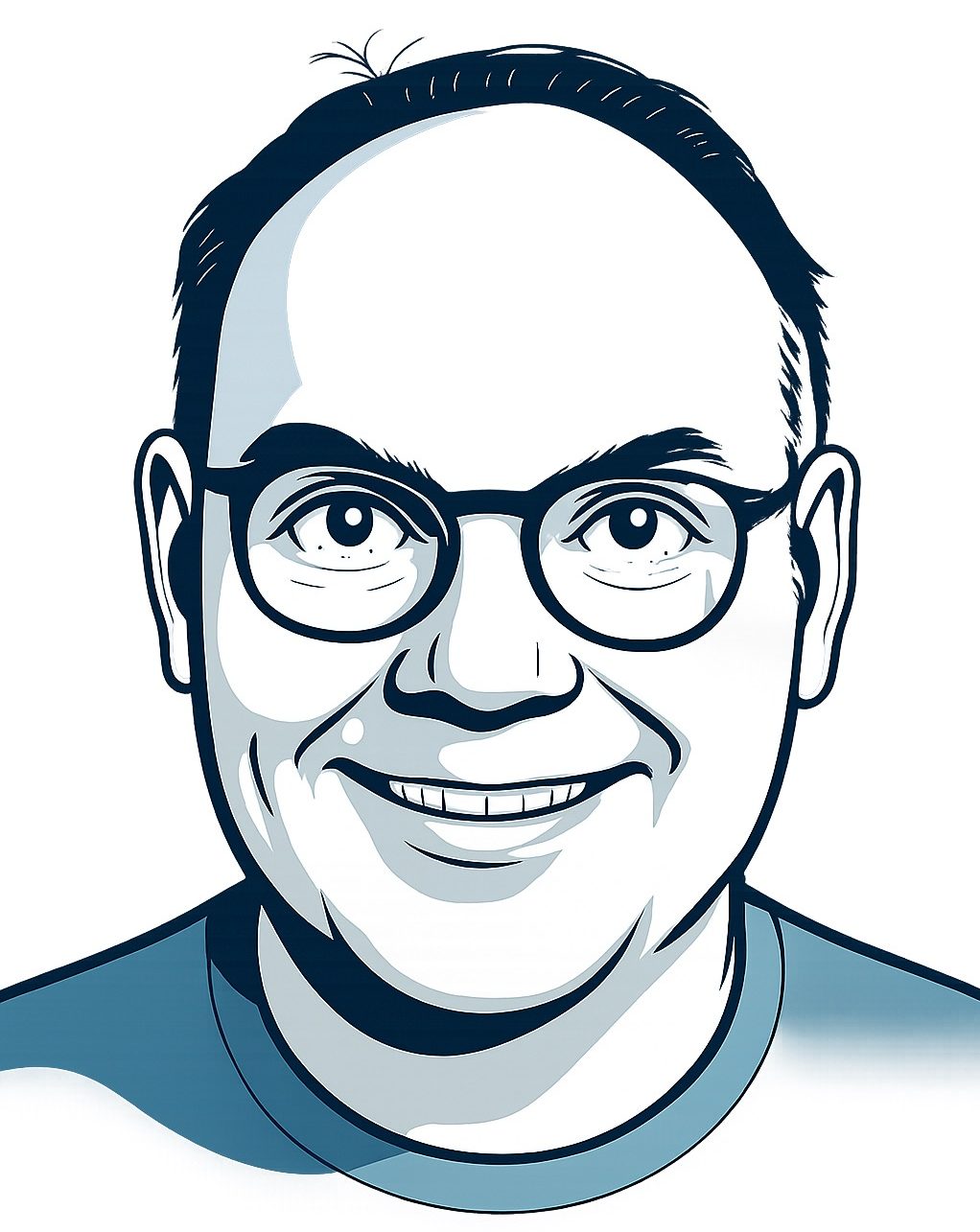My MBA journey fundamentally changed how I see business. It wasn’t just about learning frameworks or memorizing case studies—it gave me something far more valuable: a holistic perspective on the intricate web of entities that make up the business ecosystem and, crucially, my role as a business developer within it.
But here’s where it gets interesting. I’ve started viewing companies not as abstract entities or balance sheets, but as living organisms. Each business has its own personality, its own lifecycle, its own health status. And just like people, they can be young and energetic, mature and wise, or old and struggling to adapt.

The Business Organism: A New Lens
Let me paint this picture more clearly. Imagine walking into a networking event, but instead of meeting people, you’re meeting companies. Each one has a distinct character and temperament—that’s their company culture. Their physical appearance—how they present themselves, their branding, their marketing—tells you about their self-perception and aspirations. Their body represents their inner processes, operations, and systems. And like any organism, they can grow, thrive, get sick, or even die.
This isn’t just philosophical musing. When you start seeing businesses this way, you can systematically place any company within a network of relationships and understand their position, their health, and their potential.
The young startup is energetic, naive, willing to take risks but lacking wisdom. The established corporation might be paralyzed by its own experience, rich in resources but slow to adapt. The mid-sized company could be in its prime, or it might be facing a midlife crisis, unsure of its next direction.
The MBA as Medical Degree
This is where the MBA advantage becomes clear. We’re not just business professionals—we’re diagnosticians. We can see the symptoms, understand the underlying conditions, and prescribe appropriate treatment. We have the bird’s-eye view that allows us to spot patterns, identify problems, and suggest solutions that the company itself might not see.
Think about it: who else has the comprehensive understanding of finance, operations, marketing, strategy, and organizational behavior all rolled into one? Who else regularly interacts with companies across industries, seeing their challenges and successes from the outside? We’re uniquely positioned to be the doctors of the business world.
Sales as Healing Practice
Now, let’s talk about what this means for sales and business development. Traditional sales approaches often treat prospects as targets to be conquered or accounts to be won. But when you see companies as living organisms, everything changes.
That young, energetic startup doesn’t need aggressive sales tactics—they need guidance and mentorship. They’re open to new ideas but need someone to help them focus their energy productively. Your solution becomes a vitamin, boosting their natural growth.
The established company that’s struggling with innovation paralysis doesn’t need another vendor—they need a catalyst. Your approach becomes therapeutic, helping them overcome their limiting beliefs and rediscover their capacity for change.
The mid-sized company facing operational challenges needs diagnostic support. You become the specialist who can identify the root cause and prescribe the right treatment.

The Power of Prescription
Here’s where business development transcends traditional sales: we have the power to heal, to coach, to direct companies toward better health. We’re not just selling products or services—we’re prescribing solutions that can fundamentally transform an organization’s trajectory.
Just last week, I had a conversation with a client who was stuck in analysis paralysis. They had the resources and the market opportunity, but they couldn’t move forward. Through our dialogue, I helped them see that their perfectionism was actually holding them back. By the end of our call, we had identified three small but critical adjustments that would shift their entire approach. They left that conversation with a clear action plan and renewed energy.
That’s not sales—that’s intervention.
The Diagnostic Advantage
What makes business developers uniquely qualified for this role? We have the systemic perspective that comes from working across industries and company sizes. We see patterns that insiders miss. We understand how different business functions interact. We know what healthy growth looks like versus unsustainable expansion.
Most importantly, we’re external observers who can provide objective insights without being clouded by internal politics or historical baggage. We can see the forest when everyone else is focused on the trees.
Beyond Opportunity Recognition
Traditional business development focuses on identifying and capitalizing on opportunities. But when you adopt the MBA-trained, diagnostic mindset, your role expands exponentially. You become a trusted advisor who can:
- Spot organizational health issues before they become critical
- Recommend strategic adjustments that prevent larger problems
- Guide companies through transitions and transformations
- Help organizations align their capabilities with market demands
- Facilitate connections between companies that can benefit each other
The Responsibility That Comes With Power
With this expanded view comes greater responsibility. When you can see that a company is heading toward a cliff, do you just focus on making your sale, or do you help them course-correct? When you recognize that a prospect’s real problem isn’t what they think it is, do you sell them what they want or help them understand what they need?
This is where the MBA mindset creates not just better business developers, but better business citizens. We have the knowledge and perspective to make a real difference in the companies we touch.
The Future of Business Development
As markets become more complex and change accelerates, the diagnostic approach to business development becomes increasingly valuable. Companies need partners who can help them navigate uncertainty, adapt to new realities, and make strategic decisions with confidence.
The business developers who embrace this role—who see themselves as organizational physicians rather than product pushers—will build deeper relationships, create more value, and ultimately achieve better results.
Your Prescription for Success
So, the next time you’re preparing for a client meeting, don’t just think about what you want to sell. Think about what you can diagnose. What symptoms do you observe? What underlying conditions might be affecting their performance? What prescription would genuinely help them thrive?
Remember: nobody has a better vantage point than we do. We see the whole ecosystem, understand the interconnections, and have the frameworks to make sense of complex business challenges.
The question isn’t whether you have the power to heal and guide—it’s whether you’re willing to use it.
